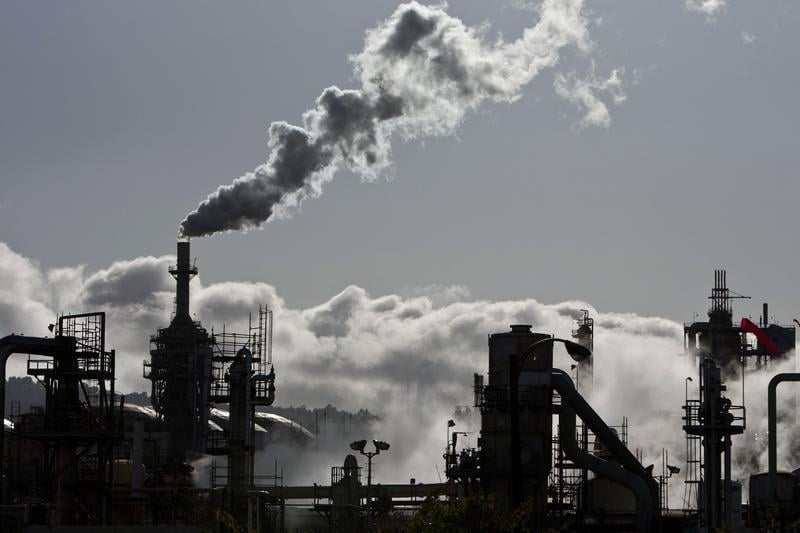Environmental and economic sustainability are no longer optional; they are urgent priorities. Leading experts are urging the government to take immediate and comprehensive action toward sustainability to address climate challenges, promote renewable energy, and ensure long-term economic resilience.
Why Sustainability is Crucial for Pakistan
Pakistan faces increasing vulnerabilities due to climate change, including extreme weather events, water scarcity, and agricultural challenges. These issues are compounded by a growing population and limited natural resources, making sustainability a critical element of the country’s future development.
Key Recommendations from Experts
- Invest in Renewable Energy: Transitioning from fossil fuels to solar, wind, and hydropower to meet energy demands while reducing carbon emissions.
- Strengthen Environmental Regulations: Implementing and enforcing policies to limit industrial pollution and deforestation.
- Promote Sustainable Agriculture: Encouraging practices that conserve water, enhance soil health, and improve crop yields.
- Urban Sustainability Programs: Developing green infrastructure, waste management systems, and public transportation in cities.
- Public Awareness Campaigns: Educating citizens on the importance of sustainable practices at the community level.
Government’s Role and Challenges
While the government has made some strides, such as initiating reforestation projects and renewable energy schemes, experts argue that these efforts must be scaled up significantly. Challenges include:
- Limited Funding: Addressing sustainability requires significant investment, which may be challenging amidst economic constraints.
- Policy Continuity: Ensuring long-term sustainability policies beyond political terms.
- Global Collaboration: Leveraging international support and partnerships to drive impactful initiatives.
Benefits of a Sustainable Approach
- Economic Resilience: Sustainable practices can attract green investments and create jobs in renewable energy and environmental management.
- Improved Public Health: Reduced pollution and better waste management lead to healthier communities.
- Climate Adaptation: Preparing for and mitigating the effects of climate change strengthens national security and stability.
Urgency for Action
Experts warn that the cost of inaction will far outweigh the investment needed for sustainable development. They stress that the government must act decisively to implement policies that protect the environment while fostering economic growth.
Conclusion
Sustainability is not just an environmental goal; it is a pathway to economic resilience and national progress. By heeding expert recommendations and prioritizing sustainability, Pakistan can ensure a brighter, more secure future for generations to come.
Call to Action:
What steps do you think the government should take to promote sustainability? Share your ideas and join the conversation on shaping a greener future for Pakistan.



Comments (0)
No comments yet. Be the first to comment!
Leave a Comment